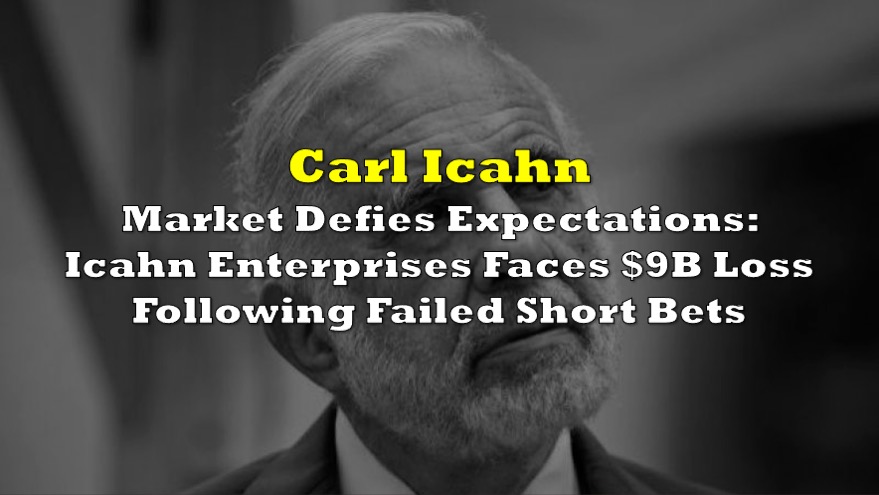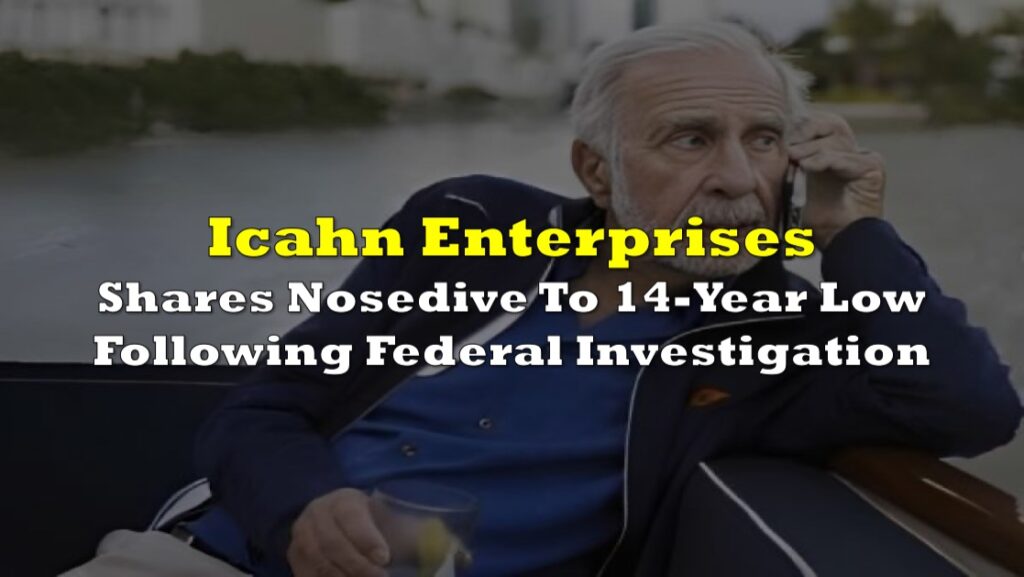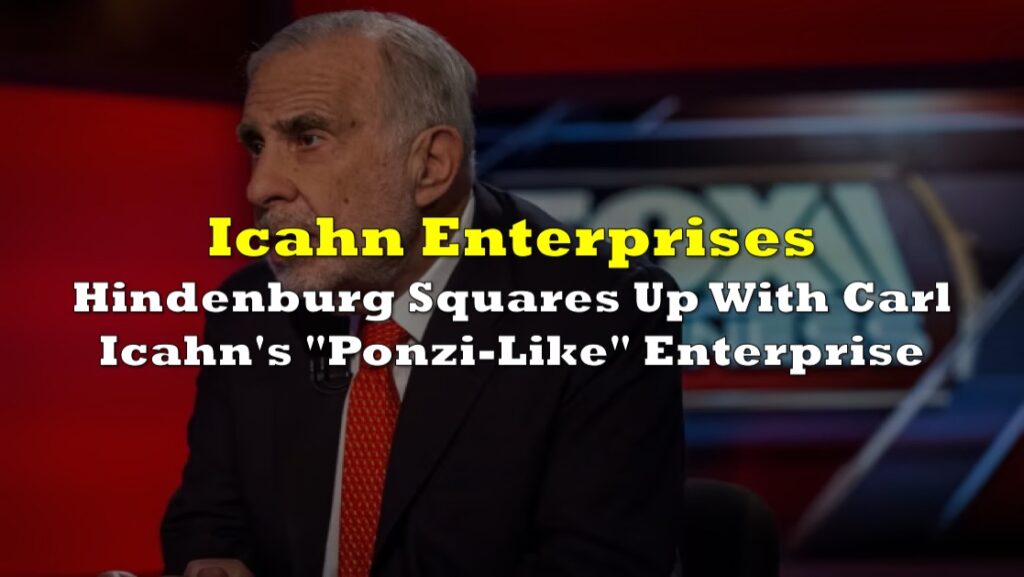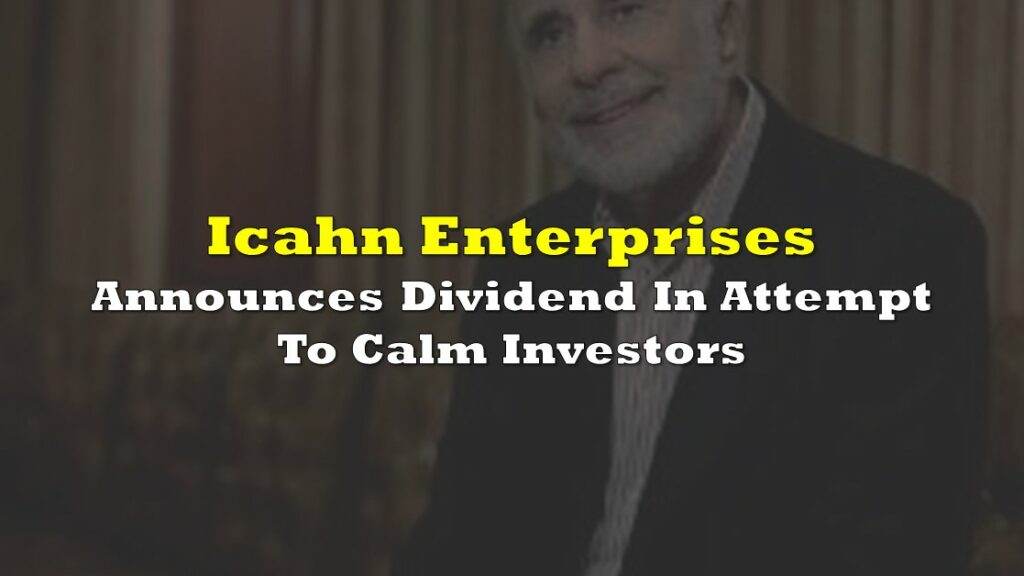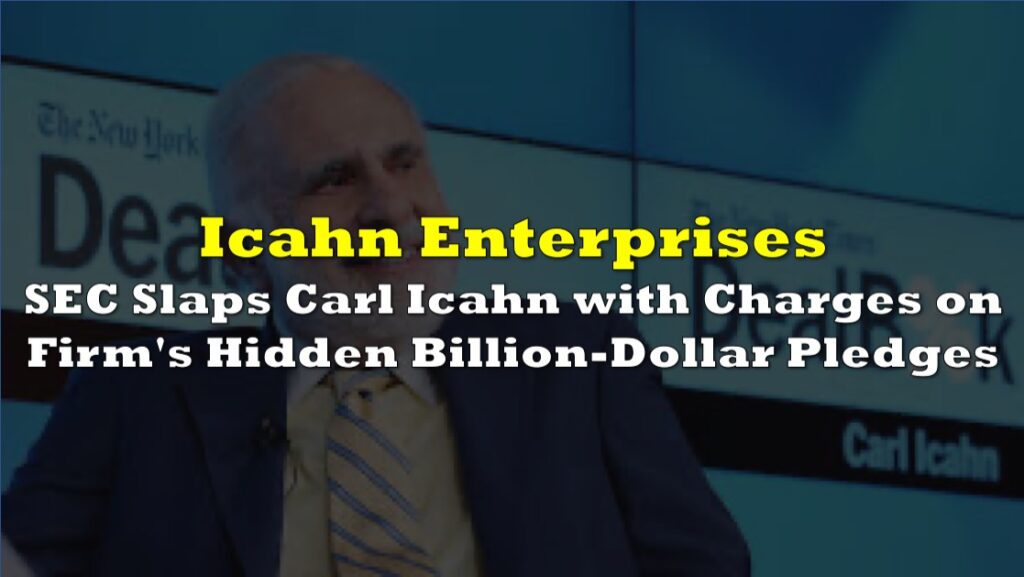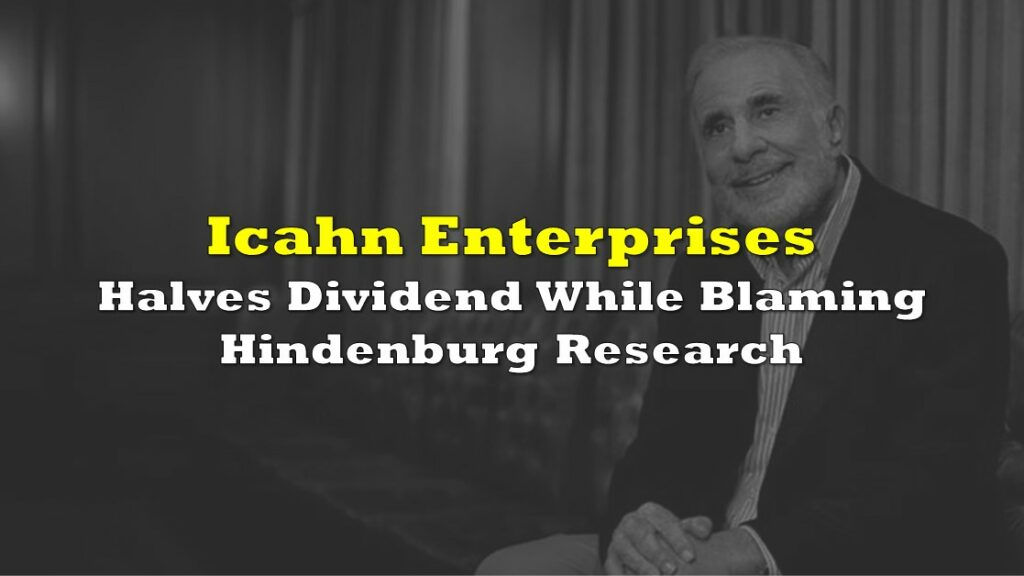Renowned activist investor Carl Icahn has conceded to making an erroneous prediction resulting in a massive loss nearing $9 billion over six years, due to a poorly-timed expectation of a market crash.
Icahn Enterprises had been strongly wagering on a market downturn since the 2008 financial crisis via shorting major market indices, large companies, commercial mortgages, and even debt securities. At peak periods, Icahn’s notional exposure surpassed $15 billion. Despite his initial belief in the strategy, the market’s resilience— buoyed by significant stimulus packages from the Federal Reserve, saw the company report around $4.3 billion in short losses in 2020 and 2021 alone.
*CARL ICAHN SAYS BEARISH BET THAT COST $9B WAS A MISTAKE pic.twitter.com/co8HNkqHhj
— Tom Hearden (@followtheh) May 18, 2023
The fallout from these ill-timed trades has left Icahn Enterprises in a precarious position, potentially undermining Icahn’s stature as a prominent activist investor. Furthermore, a report published by Hindenburg Research earlier this month suggested that Icahn Enterprises’ market value was overestimated by at least 75%, and its dividend was unsustainable. Since the report’s release, the company’s shares have dropped more than 30%.
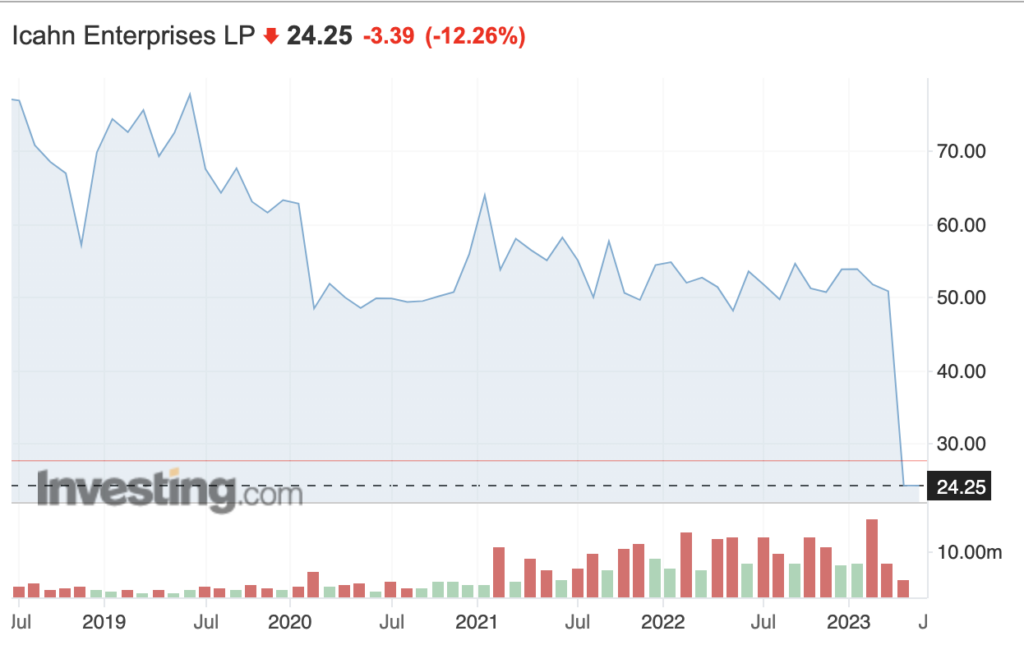
In response to the losses, Icahn poured nearly $4.0 billion of his personal funds into the public entity, managing to stabilize its internal investment portfolio value. Simultaneously, he took out a margin loan from Morgan Stanley, pledging 60% of his stake in Icahn Enterprises as collateral. This move attracted scrutiny, as it exposed Icahn to additional risk, particularly if a margin call forced him to liquidate part of his stake.
Icahn Enterprises, however, rebuffed Hindenburg’s allegations, stating that Icahn was in “full compliance” with respect to personal loans. The company also unveiled a $500 million stock buyback authorization aimed at increasing the stock price. Icahn defended the margin loan, explaining that he used it for additional investments, claiming that he still has billions of dollars in cash set aside.
The series of poor bets from Icahn have largely contributed to his investment portfolio losing money every year since 2014. Throughout the six-year period, he lost $9 billion on short bets, while only making about $6 billion from his activist wagers. This led to an overall investment loss of nearly $3 billion. However, the portfolio did make $3.5 billion after selling several companies not directly controlled by the investment portfolio.
There has been a considerable drop in the net asset value of Icahn Enterprises, from $7.9 billion in 2017 to $5.6 billion in May. This decline is problematic for Icahn, who typically accepted his annual $8 per share dividend in stock in lieu of cash, resulting in a surge in outstanding shares and a corresponding decrease in net asset value per share.
Facing mounting pressure, Icahn has been compelled to cut back his short positions as some investors anticipate a potential market sell-off due to a regional banking crisis and the debt ceiling stand-off. Despite this, Icahn maintains a cautious outlook, stating, “I still to some extent believe that this economy is not good and there are going to be problems ahead,” though he conceded, “We are still hedged, but not to the extent we were.”
Information for this briefing was found via the Financial Times, Hindenburg Research, and the sources mentioned. The author has no securities or affiliations related to this organization. Not a recommendation to buy or sell. Always do additional research and consult a professional before purchasing a security. The author holds no licenses.

